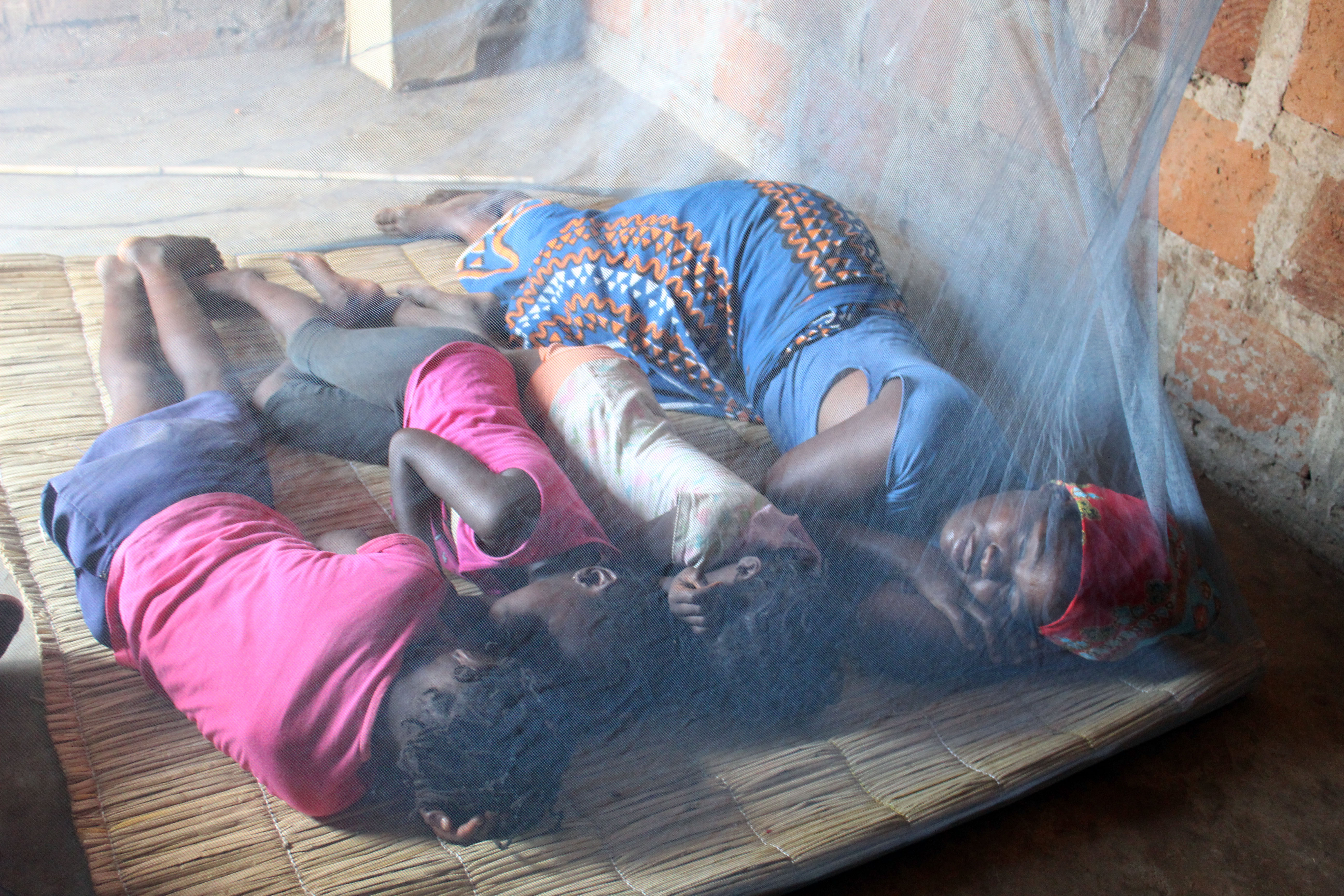Sleeping under a mosquito net is no longer the most effective way for malaria prevention, the World Health Organisation has revealed.
According to the 2018 WHO Malaria Report, studies show that mosquitoes are now resistant to the insecticides used to treat Long Lasting Mosquito Nets-LLMN.
The Report shows that Uganda is one of ten countries in the world that are facing this problem where mosquitoes are resistant to pyrethroid, one of the most used insecticides.
Pyrethroid insecticide has been used to treat long lasting mosquito nets for the last 16 years.
Dr. Jimmy Opigo, the Program Manager National Malaria Control Program, says Uganda is experiencing resistance in some parts of the country because the mosquitoes have been exposed to the insecticides used for a long time.
As an intervention, Dr Opigo indicated that government is targeting to cut the 5,100 malaria death cases reported last year by one third.
“We have also reduced drug stock-out. I think you now realise that they no longer exist,” he said.
Malaria cases increase
Uganda registered an estimated increase of more than 100,000 malaria cases between 2016 and 2017 despite the various preventive interventions against the disease.
The findings come as a shocker owing to the fact that government last year alone distributed approximately 24 million mosquito nets nationwide in addition to Indoor Residual Spraying (IRS) which involves application of insecticides to the inside of dwellings.
The country also accounts for 4 per cent of malaria cases in the whole world, making it to the top five countries responsible for nearly half of all malaria cases worldwide. Other countries are Nigeria, DRC Congo, Mozambique, and India.











